How to (Really) Protect Our Democracy
With this agenda, a new administration and Congress can take a giant leap to protect America's democratic republic.
Let’s get something out of the way. America has never had a “pure democracy.” And thank God.
The Founders and Framers knew that would lead to a national suicide. So, they instituted a few safeguards into the system and built what Benjamin Franklin coined in response to a question in 1789 after the Constitutional Convention in Philadelphia: “A Republic if you can keep it.”
The framers of our Constitution, all brilliant if flawed people (by today’s standards), understood the importance of enshrining the federal government’s role not as a grantor of rights but as a guarantor. They expressly limited the federal government's powers while eventually giving practically plenary powers to states and individuals through the 9th and 10th Amendments. They didn’t get everything right, but no group of people have ever done better. They created an amendment process and used it right away.
They also had the wisdom to develop a series of checks and balances that preserved the rights of all citizens and eschewed “mob democracy” (mobocracy), where the rights of a minority could be trampled upon. Our system also requires a measure of bipartisanship and compromise, in most cases, to make significant policy or legislative changes, even when one party dominates control of Article I (legislative) and Article II (executive) branches.
Our Article III branch, the judiciary, with the Constitution as its cudgel, is our backstop when politics fails us—or should be. More about that later.
If you find your “team” on the losing end of next Tuesday’s elections, you can rest assured - or should - that you won’t lose your rights, livelihood, or freedoms just because you didn’t win. The sun will rise as it always does, the water faucets hopefully still work, the toilets will flush, and the light switches will work as they always do. You’ll still have your job, and the Starbucks drive-thru will be open and waiting for you as you drive to work—no National Guard troops on your lawn, waiting to escort you to the nearest internment camp.
We all live to fight another day. Ignore the “dictator” or “fascist” comments. Pure hogwash and comical, frankly. Nobody is headed to detention camps. And just because you win doesn’t mean you will get everything you want. Free and fair elections and politicians' ultimate form of accountability will occur again in two years. You may want to run one of those purported internment camps or the trains that will send people there, but you’ll have to wait to see what Congress and the courts do and allow. Don’t hold your breath.
The good news is that our framers gave local and state governments power and responsibility for conducting elections. No federal official can cancel them.
We should be grateful that we don’t have a parliamentary system like Canada or Great Britain, where a majority can run roughshod over rights and primary institutions with little recourse other than elections every five years—even regarding life itself. Canada, at least, is a confederation where provinces have a say. Just ask Albertans how much they appreciate that.
So, when candidates and politicians speak of “protecting our democracy,” we should consider what they mean and ask them to define their terms. Unfortunately, using that phrase as a smokescreen has become vogue to achieve precisely the opposite: to destroy democracy as we know it, or at least silence those who disagree.
It’s no secret that we’ve been feted to a cavalcade of infantile, if not imbecilic, rhetoric from across the political spectrum that opponents are threats to democracy, want to be dictators, are the second coming of Hitler, fascists, and worse. Others advocated for censorship to curb “misinformation,” which is often just another word for speech they disapprove of. And “threats to democracy” sounds like “they disagree with me.”
They should hear themselves and their fearmongering. They insult our intelligence.
In that spirit, I offer the following public policy agenda that most Americans, even people on the left, should embrace. There’s no partisan advantage with any of these, and they’re consistent with existing law and the Constitution. No one should live in fear of enumerated individual rights being threatened because of an election, despite crazy rhetoric to the contrary.
Protect the Electoral College and Defeat the “National Popular Vote” initiative.
This may be an instant non-starter, with many people on the left advocating for the direct election of the president (and vice president). But that is completely contrary to what the founders established. Joe Biden was elected president in 2020 on the strength of not just a majority of the Electoral College but with a 7 million popular vote margin. That entire margin came from just two states: California (over 5 million) and New York (almost 2 million). That’s precisely what the framers wanted to avoid in electing a president: no big states trampling over smaller states to choose their preferred candidate.
After all, we’re the United States of America, not the United Popular Vote of America. As Ronald Reagan said in his first inaugural, the states created the federal government, not vice versa.
When you voted this year, your vote wasn’t for Donald Trump, Kamala Harris, or whoever else you chose. You were choosing a slate of the campaigns’ electors to represent and reflect the vote in your state. On Tuesday, December 17th, the winning slates will gather to cast their official votes, which Congress will certify in early January. There are a total of 538 electors chosen, reflecting the number of Senators 100) plus the number of House seats (435) in each state (the District of Columbia gets three electors, even though it’s not a state).
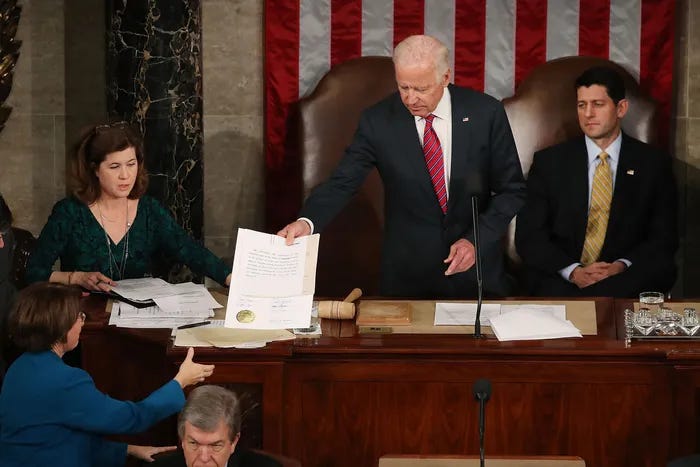
Procedures are in place to avoid the kinds of shenanigans or confusion from past campaigns, going back to the Democratic challenges of George Bush’s 2004 election win and, of course, January 6, 2021 (it goes back to 1887, but that’s another story). The Electoral Count Act and Presidential Transition Improvement Act of 2022 clarify everyone’s role and responsibilities, from the Vice President to the states. It passed with strong, bipartisan majorities in Congress.
Congress ought to consider legislation that denies a state’s ability to award electoral votes based on anything other than its election results. That was undoubtedly the framers’ intent under Article I when they created the Electoral College. The National Popular Vote’s initiative should be unconstitutional.
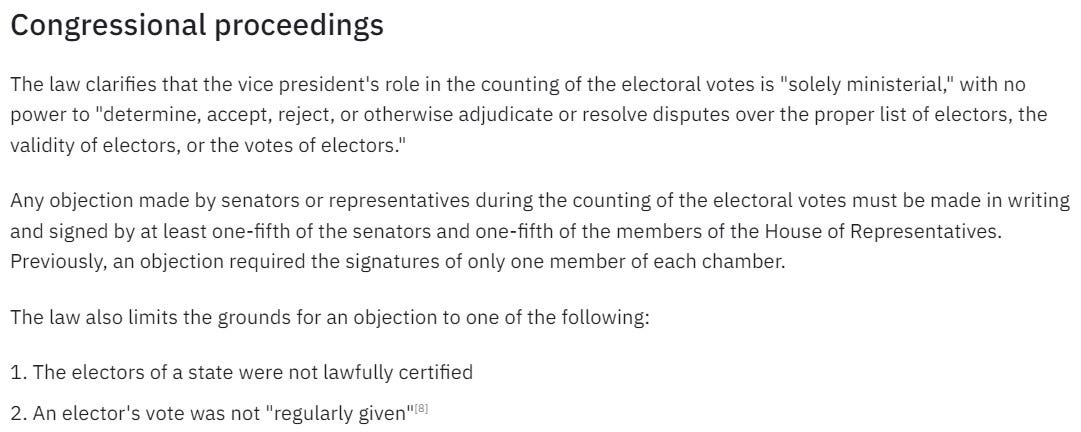
Bizarrely, 18 states have enacted legislation granting its electoral votes to the winner of the national popular vote. The latest is Maine, which currently grants its electoral vote by congressional district and the state winner. In 2016, Donald Trump lost Maine but won the Second Congressional District, winning him one elector. Nebraska has a similar system, which gave Biden an electoral vote based on winning an Omaha-based congressional district.
If Maine were, by chance, to go for Donald Trump, but the national popular vote went to Harris, under this law - if states totaling 270 electoral votes enact similar legislation - the wishes of their voters would be rejected for those mostly California and New York voters. How would you feel if your vote and state gave a majority of its vote to Kamala Harris, but because the national popular vote went narrowly to Donald Trump, he gets your state’s XX electoral votes? Sound fair to you? Governors like Jared Polis (D-CO) have signed that in effect.
Scotty, beam me up . . .
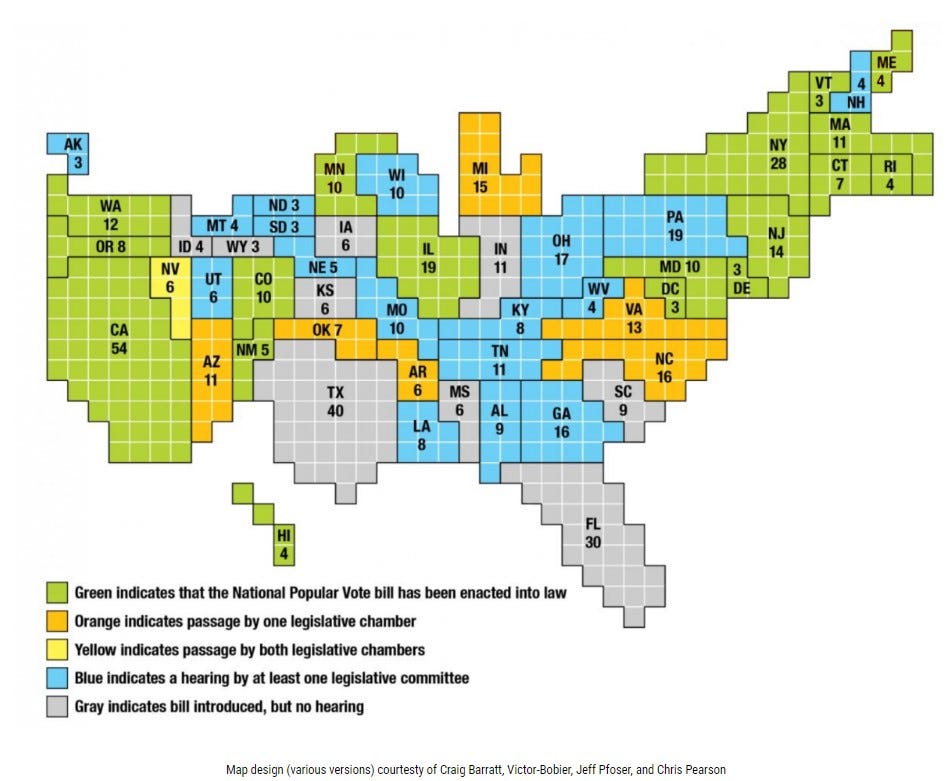
I can’t believe states would disenfranchise their voters that way. It needs to be stopped.
Enact the ACE and SAVE Acts - Strengthen Americans’ Confidence in Elections, Require Proof of Citizenship to Register, and Fix Overseas Voting Loopholes
Confidence in free and fair elections is a bedrock of American electoral democracy. The rush to haphazardly push voting by mail during the 2020 pandemic created confusion and resulted in dubious procedure changes contrary to existing laws, especially in places like Pennsylvania. Nearly two dozen states enacted reforms and improved their systems over the past four years. Other states could do a better job administering elections, especially counting votes. There is no greater example than Florida, whose winners are known on election night, and California and Pennsylvania, which can take weeks.
US Rep. Brian Steihl (R-WI), the outstanding chair of the House Administration Committee, has introduced the American Confidence in Elections Act, or ACT (HR 4563). Technically, his latest legislation would replace what’s in the bill as currently introduced. The bill protects the state’s primary role and doesn’t impose any federal mandates as the Democrats’ unconstitutional HR 1 from previous Congresses would do. It prohibits non-citizen voting and penalizes jurisdictions that allow noncitizens to vote in local elections.
I worked in the US Senate when the Voter Registration Act (Motor Voter Act) was enacted in 1993. It mandates that states provide a means to register to vote when applicants for driver's licenses and generally prevents them from being removed if their license is active. However, there was no requirement to provide proof of citizenship when registering, and thousands of non-citizens have not been mistakenly registered but have been voting in elections. Anyone who applies for a driver’s license is allowed to register, and all the registrant has to do is check a box that they’re a citizen under penalty of law. No proof is necessary, and enforcement is scant. And there’s ample evidence that noncitizens are registered and voting in US elections.
The same applies to international elections administered under the Uniformed and Overseas Civilian Absentee Voting Act (UOCAVA). While some states verify overseas voters' registration (e.g., citizenship and US residency), many do not. And there’s been a spike in registrations and voting overseas. Non-military voters now greatly exceed those of the US military. GOP election expert and attorney Cleta Mitchell explains:
Nearly 3 million Americans of voting age are estimated to be living abroad. Proof of citizenship should be required for anyone to vote in a US election, period. The Safeguard American Voter Eligibility (SAVE) Act requires proof of citizenship in person when registering to vote. There is no valid reason to oppose it, given that existing law limits voting in federal elections to US citizens.
Protect the Senate’s “Filibuster”
The Senate’s filibuster rule is a super-majority vote requirement to end debate on most legislative items. The Senate’s Rule XXII requires a three-fifth majority vote - 60 votes in a 100-member Senate - to “invoke cloture.” Doing so sets a 30-hour debate clock and forces amendments to be “germane” to the legislation. Without cloture, debate can go on forever, and amendments on any topic (other than legislating on appropriations bills) are permitted.
What’s that got to do with protecting democracy? Read on.
The filibuster for executive branch and judicial nominations ended in 2013, and for Supreme Court nominations ended in 2017. This has undermined the public’s confidence in our judicial system. While 33 Senators, including many Democrats, signed a letter to then-Senate Majority Leader Mitch McConnell in 2017 to preserve the filibuster when then-President Donald Trump was demanding its execution, every Democrat that will serve in the next Congress now supports jettisoning it.
Maybe another Trump presidency will change their minds. Again.
I’ve written extensively about the filibuster previously. It forces some measure of bipartisanship to enact legislation. Without the filibuster, the Senate is no different than a smaller version of the majoritarian House of Representatives. It would wreak legislative havoc every time the majority passes from one party to another. Requiring a supermajority protects minority rights, provides stability to federal law, fosters bipartisanship, and preserves the Senate’s traditional role as the “cooling saucer of democracy.”
If I were the next Republican Majority Leader, I would ask my counterpart (likely Chuck Schumer, D-NY) to agree to a “Gang of Six” or eight to recommend modest changes in the filibuster but enshrine it in Senate rules. It may be impossible to prevent it from being scrapped by the “nuclear option” - an arcane procedure allowing a majority of 51 Senators to create new precedents and rules - but safeguards with modest reforms to prevent filibuster abuse would be wise. My friend Mark Strand, former head of the Congressional Institute, has several terrific reform ideas.
End Smurfing: Fully Investigate and Audit Campaign funding operations like ActBlue and WinRed
Our nation’s campaign finance system is a mess. Our politicians spend too much time and effort raising oodles of cash, and worse, outside organizations spend even more to dictate how elections are decided outside of the candidates who are actually on the ballot. It’s great for media outlets and their revenue. Still, it’s terrible for democracy and creates the impression that candidates are for rent, if not for sale, to the highest bidders.
But it's worse than that. Ever since the Democrats first created “ActBlue,” an online platform to facilitate contributions to Democratic candidates and causes, followed shortly by “WinRed,” the GOP countermeasure, billions of dollars have flowed to candidates. The amount of money finding its way into our election system is obscene, and it raises questions about foreign interference. Are foreign actors laundering money through those and other entities to influence our election outcomes?
The Federal Election Commission is supposed to be watching and auditing this stuff, but a lack of resources and leadership (courage) has sidelined them. There’s evidence of “Smurfing” emerging - people being used to make contributions under their name and without their knowledge.
Smurfing is another term for money laundering, which involves breaking up large amounts of money into small transactions to evade detection. Nearly all vendors and WinRed verify their donors by asking for the CVV (credit verification value) three-digit number on the back of a credit card. ActBlue, the multi-billion-dollar Democratic fundraising entity, didn’t ask for CVV numbers until a year ago, making it open to foreign transactions. Contributions that don’t exceed $200 during an election aren’t itemized under Federal law.
Steihl wrote the FEC’s chair and vice-chair requesting an emergency rulemaking to rectify issues around ActBlue’s loosey-goosey fundraising system in August.
ActBlue’s practices invite the possibility of foreign donations, and allowing political committees to accept donations from gift cards or other prepaid credit cards promote the appearance and the very real possibility that straw donors are making campaign donations with funds provided by another person or an unlawful donor including a foreign national. These issues present a serious loophole to the transparency and integrity of the campaign donation process, and an emergency rulemaking is required to rectify these issues.
Chronicles magazine has analyzed individuals who have made 100 or more “individual” contributions during a two-year cycle since 2014. It used to be a feature of ActBlue but may be finding itself repeated through WinRed.
Our data suggest that smurfing began taking off as a tool for laundering illegal cash into campaigns at some point after the 2014 election cycle. In the 2014 cycle we found just 58 people who donated more than 100 times. Since then, we saw a steady increase in the number of potential smurfs detected in each election—rising to 84,000 in 2022, which is the last election cycle for which we have complete data. At the time the data was collected for this study (early July 2024), there were already 26,000 potential smurfs for the 2024 election cycle, and that total is likely to grow significantly as we get closer to the election.
The percentage of political campaign and candidate donors whose identity has been stolen by the criminals—and who have unknowingly become smurfs—has also steadily increased, from virtually zero in 2014 to almost 2 percent of all donations in 2022. That means if you have ever contributed to a political campaign or political action committee (PAC), there is a not insignificant possibility that your identity has been stolen. The probability is even higher if you are over 65 years old.
There’s more from The New York Post:
ActBlue, the Democratic fundraising platform that has collected millions of dollars for Kamala Harris, has been named in a bombshell racketeering lawsuit by a Wisconsin Republican strategist who alleges his identity was stolen to make at least 385 fraudulent donations to left-wing causes — including to the Harris Victory Fund.
Mark Block, former chief of staff to Republican 2012 presidential candidate Herman Cain, alleges that a total of $884.38 given in his name and without his knowledge between May and October was designed to circumvent federal election law and may be part of a larger scam involving tens of thousands of unwitting donors.
The individual donations were all under $200, meaning that they did not have to be reported to the Federal Election Commission (FEC).
Nothing undercuts confidence in our election faster than foreign interference. Democrats tried to make it a big issue with a phony Dossier paid for by the Hillary Clinton presidential campaign in 2016, claiming Donald Trump was under Russian influence. It proved false after a $30 million federal investigation through special counsel Robert Mueller.
The most famous case of foreign cash in a presidential campaign was in 1996 when millions entered the Clinton for President reelection campaign and the Democratic National Committee (DNC). From National Review:
A 1998 Senate Government Affairs Committee report on the scandal found “strong circumstantial evidence” that a great deal of foreign money had illegally entered the country in an attempt to influence the 1996 election. The DNC was forced to give back more than $2.8 million in illegal or improper donations from foreign nationals.
Congress, the Department of Justice, and the Federal Election Commission must get busy with complete investigations and audits of both ActBlue and WinRed to see if foreign or other illegal donations have been laundered through their systems via surfing. We should be disappointed and alarmed that they haven’t started. Still, given President Biden’s and his family’s behavior, including taking millions of dollars from China and other foreign enterprises, we shouldn’t be surprised.
Protecting the Electoral College and protecting the Senate’s filibuster may be partisan issues for some, but ensuring that only citizens vote and contribute to US elections at any level shouldn’t be. Can we at least agree on that?




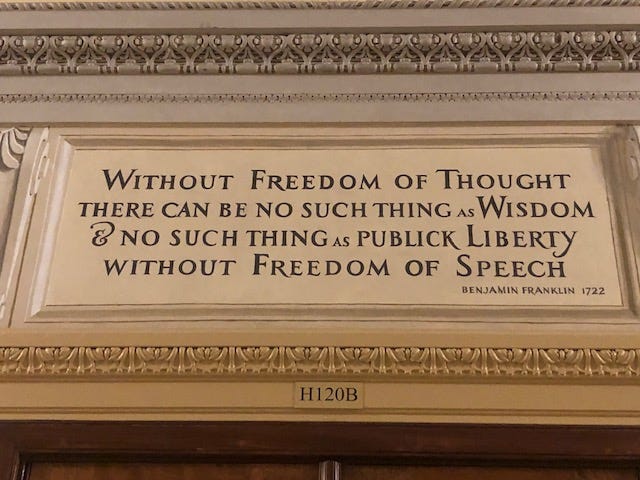
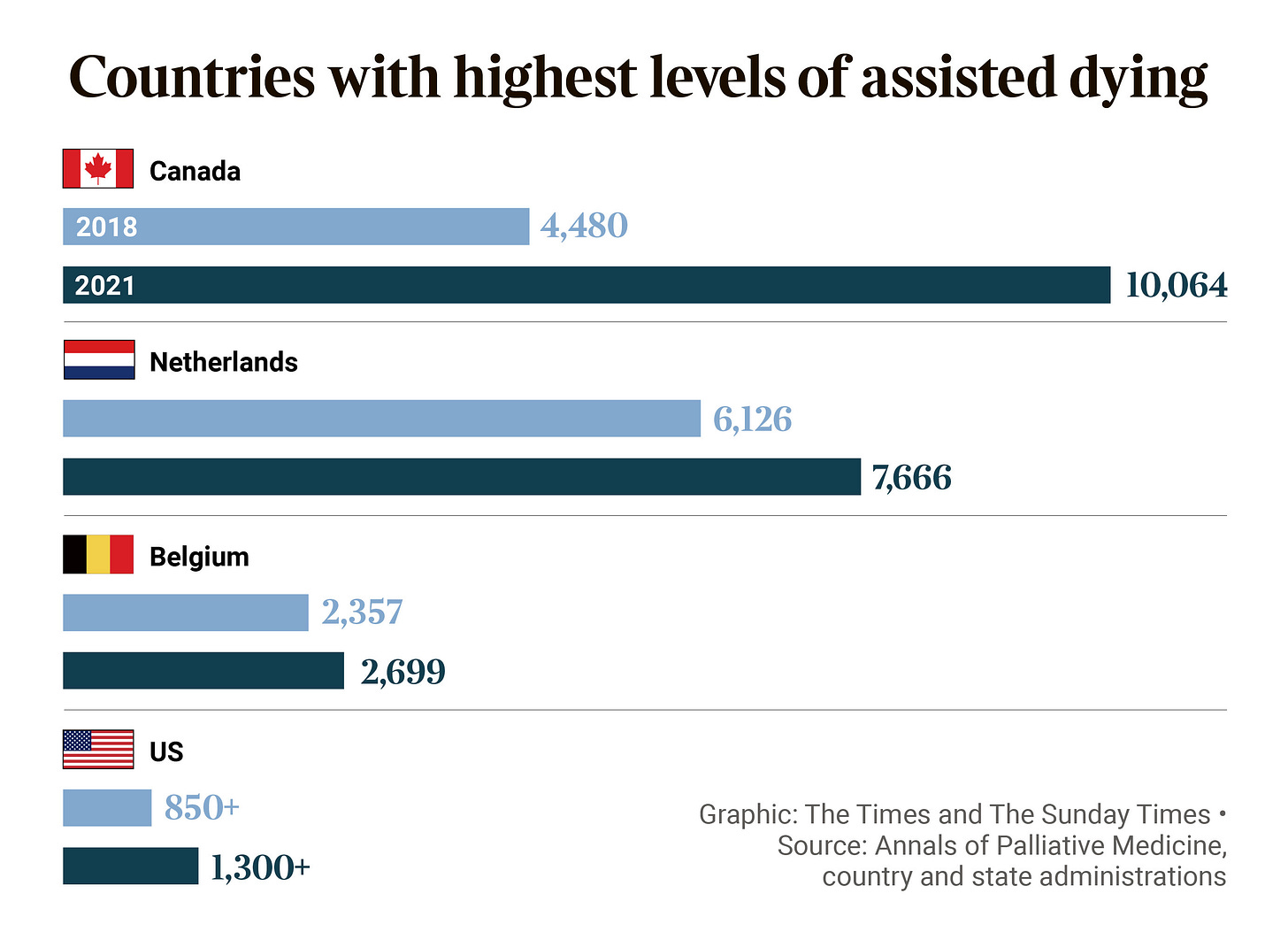



Wow. All voting rolls need to be cleaned up and the overseas ballots need proof of citizenship